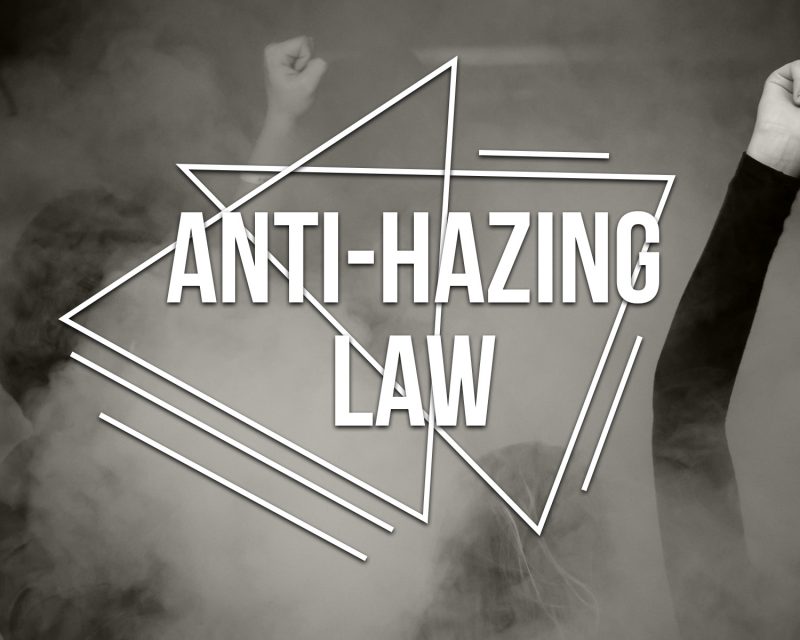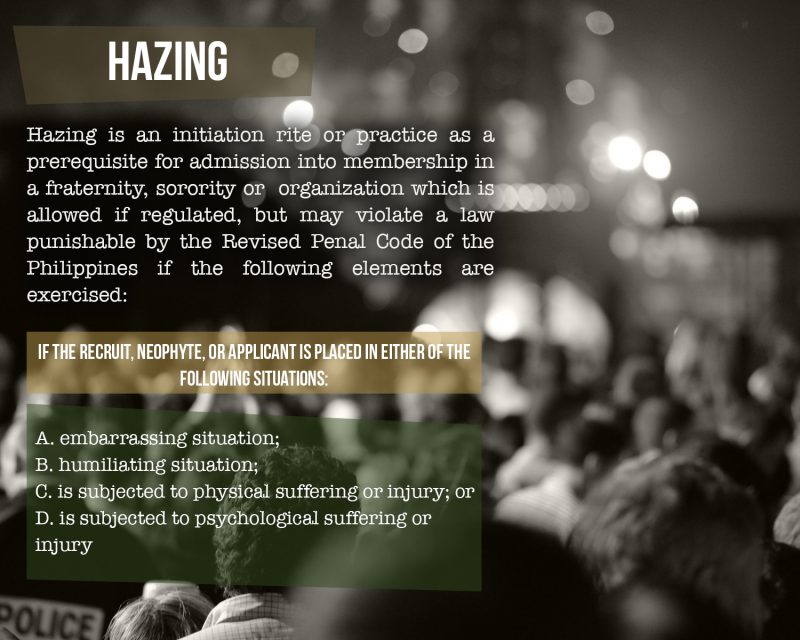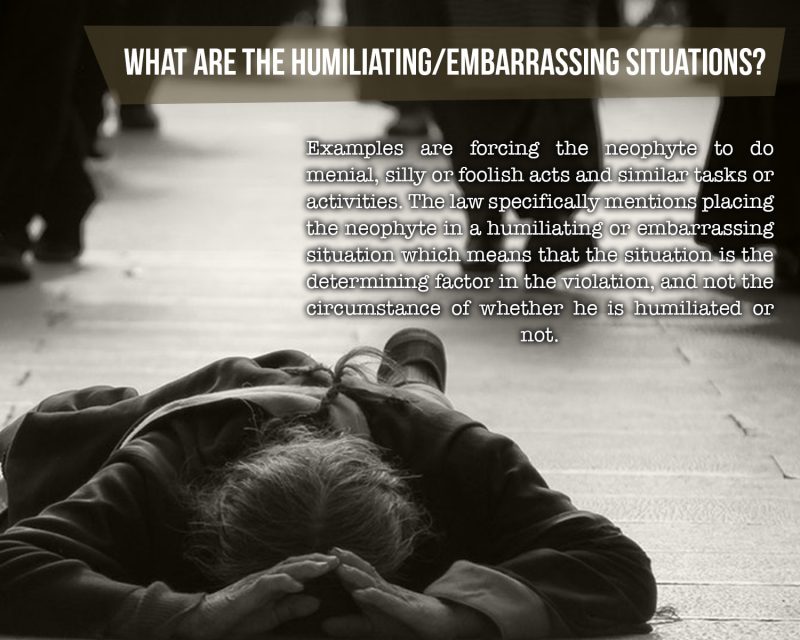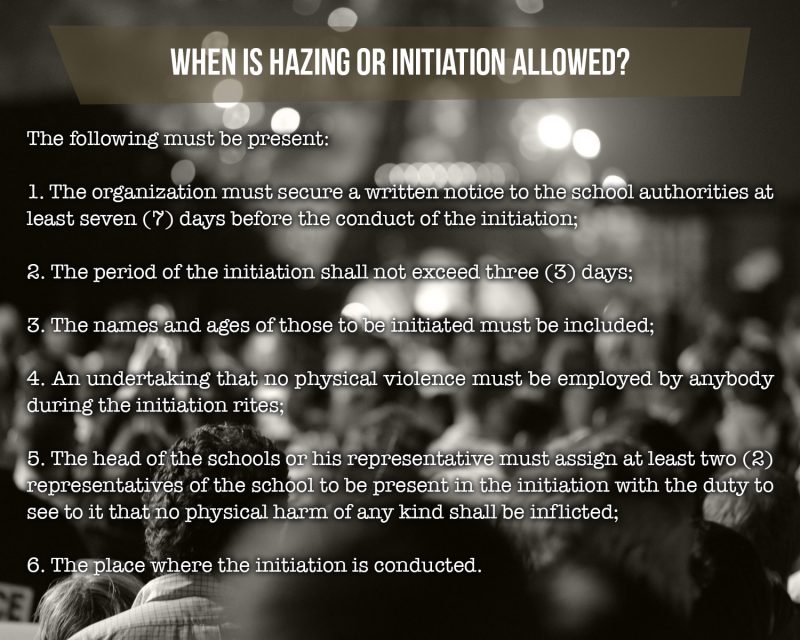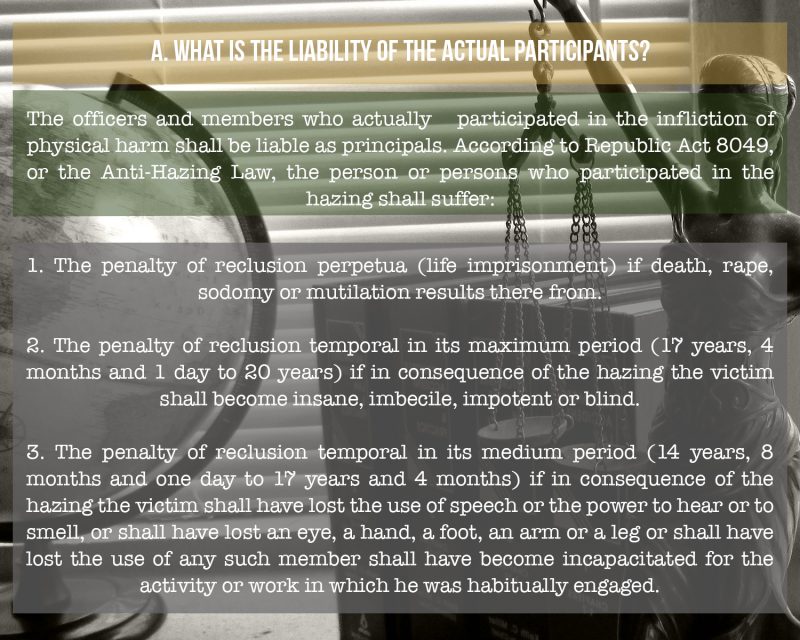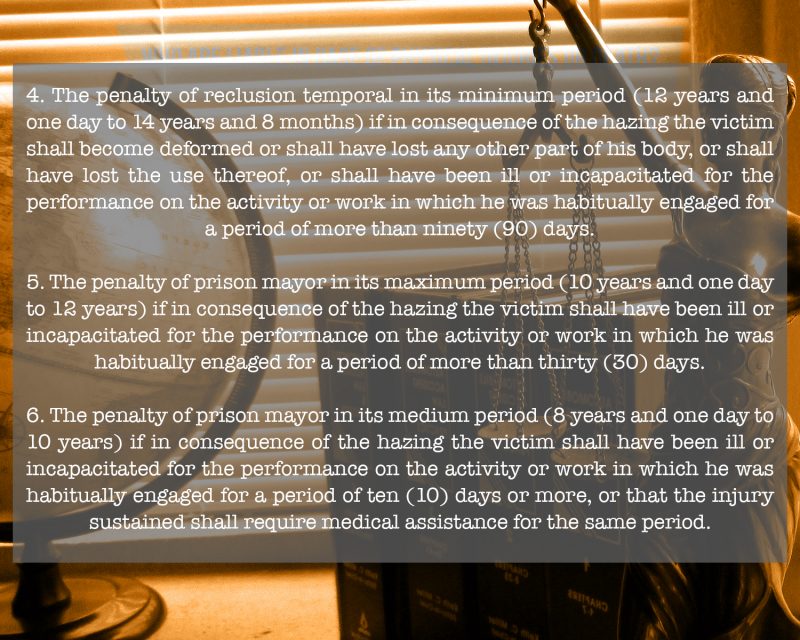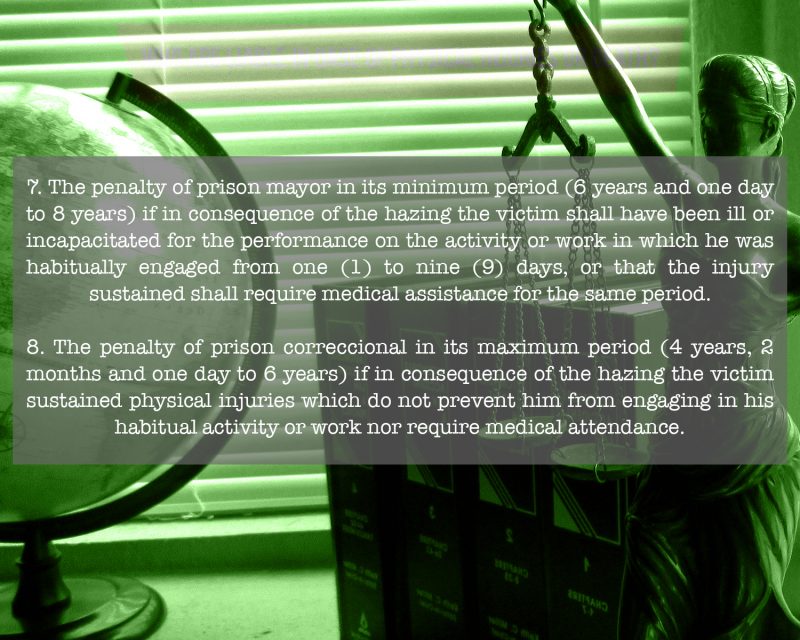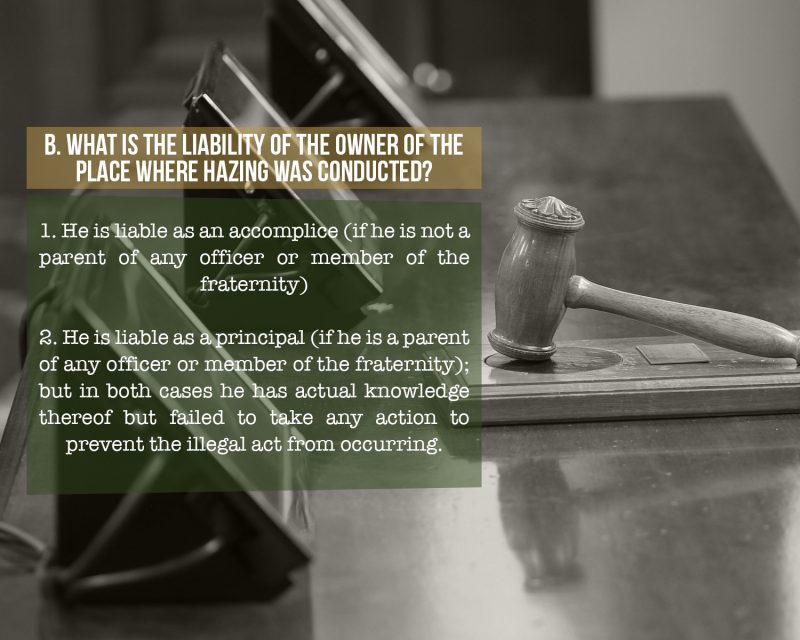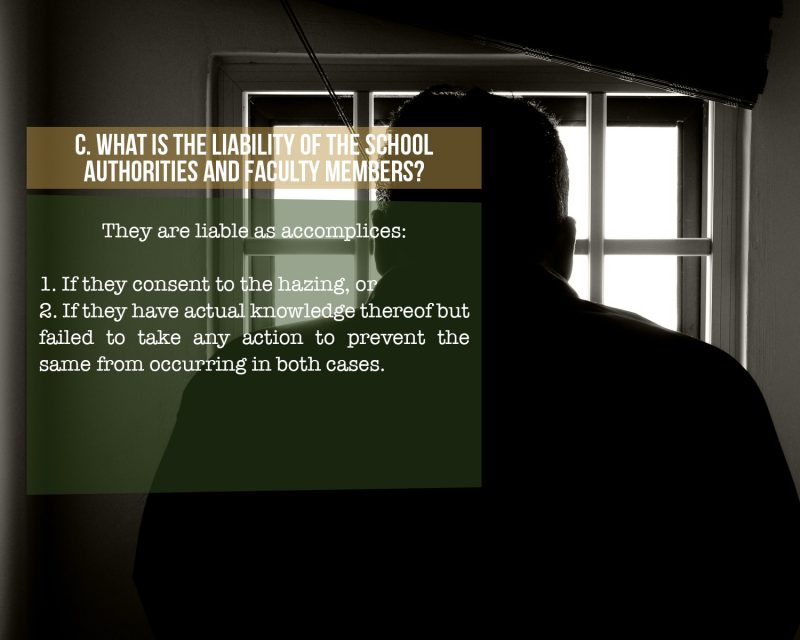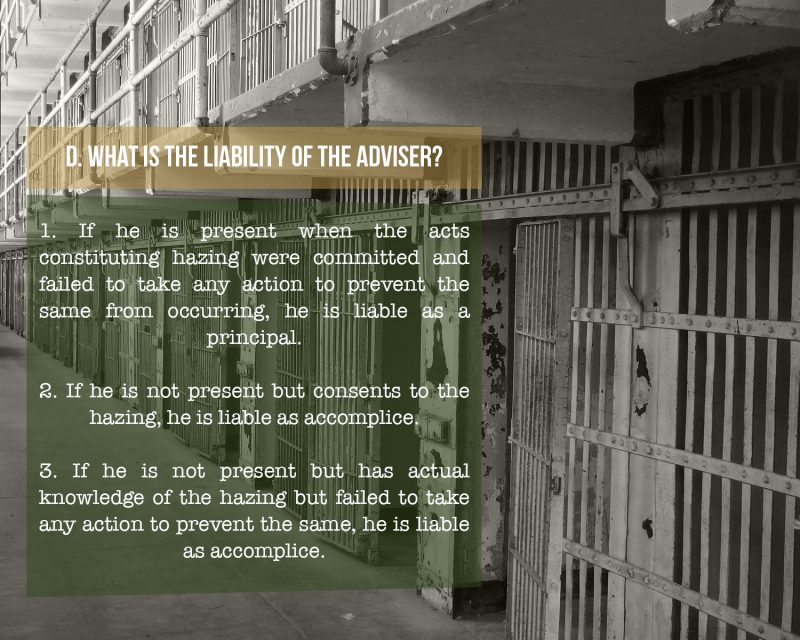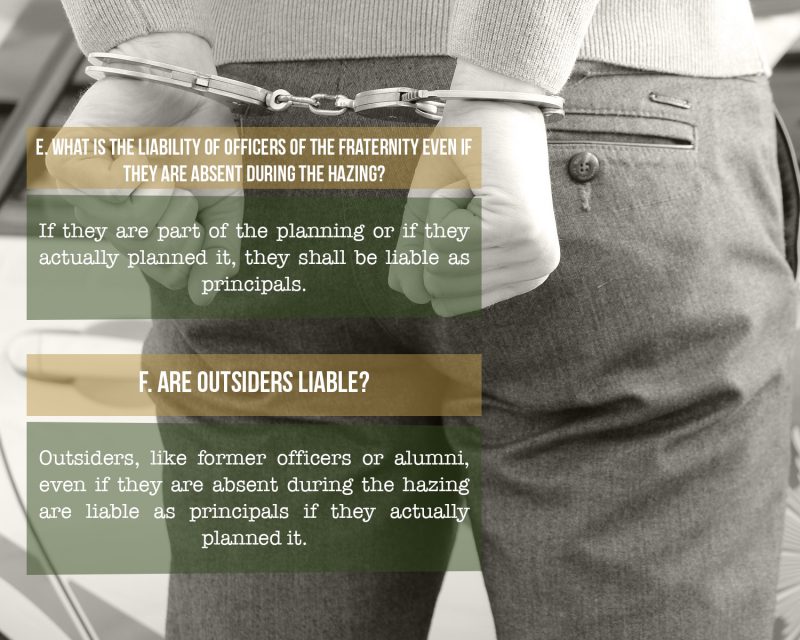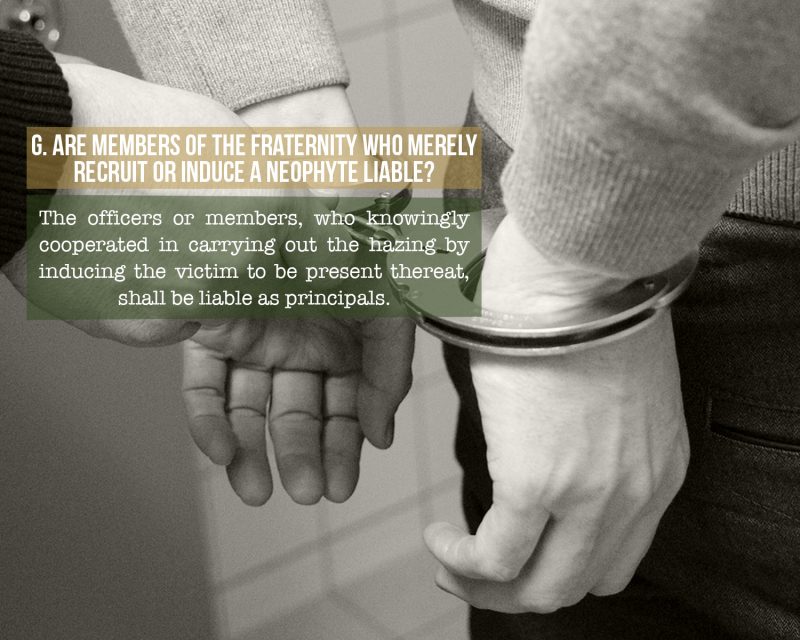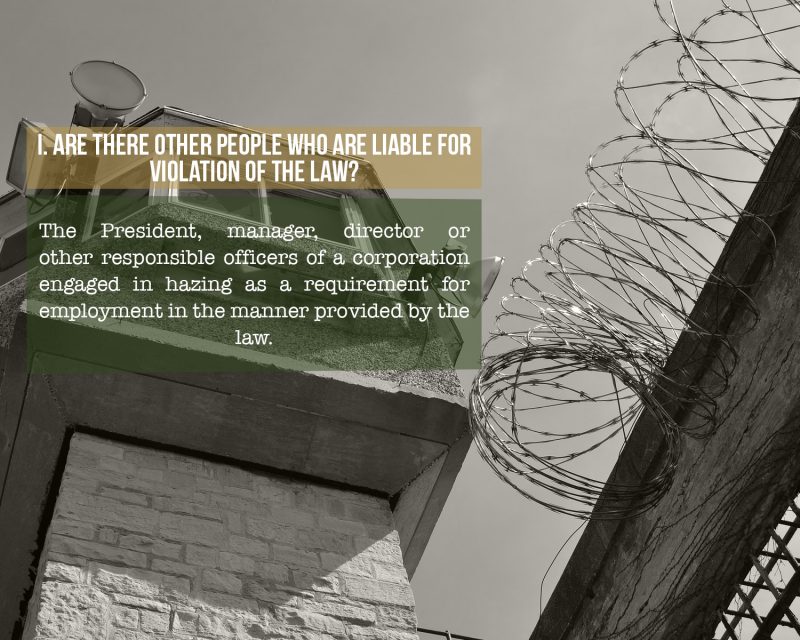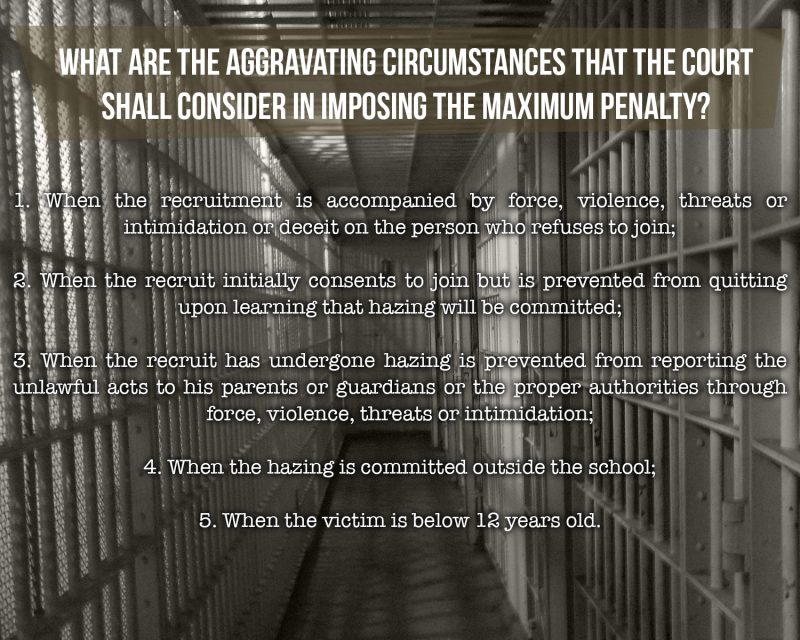The Senate is set to review the Anti-Hazing Law upon the urging of Senator Sherwin Gatchalian who has introduced in June 2016 Senate Bill 199 which sought to “prohibit hazing once and for all.” He has urged the Senate to simplify the existing Anti-Hazing Law of 1995, or Republic Act No. 8049, following the death of Horacio Castillo III.
Castillo was a first year law student at the University of Santo Tomas who died allegedly during fraternity initiation rites.
Castillo’s body was found on the sidewalk of Tondo, Manila wrapped in a blanket, bloated and had candle and cigarette marks and bruises.
The simplified bill, if approved, will only allow initiation methods that do not cause direct or indirect physical or psychological injury to the newcomer.
So instead of castigating or penalizing fraternities, sororities, or organizations involved in the death of new recruits, the bill will prohibit hazing per se, or the act of hazing itself.
Republic Act 8049 or the Anti-Hazing Law of 1995 is an “act regulating hazing and other forms of initiation rites in fraternities, sororities, and other organizations and providing penalties therefore.” This was passed in response to the death of Ateneo de Manila law student Leonardo Villa in 1991, after he underwent hazing rites by the Aquila Legis fraternity.
Let’s learn more about the existing Anti-Hazing Law and how it is supposed to prevent deaths that result from hazing.





